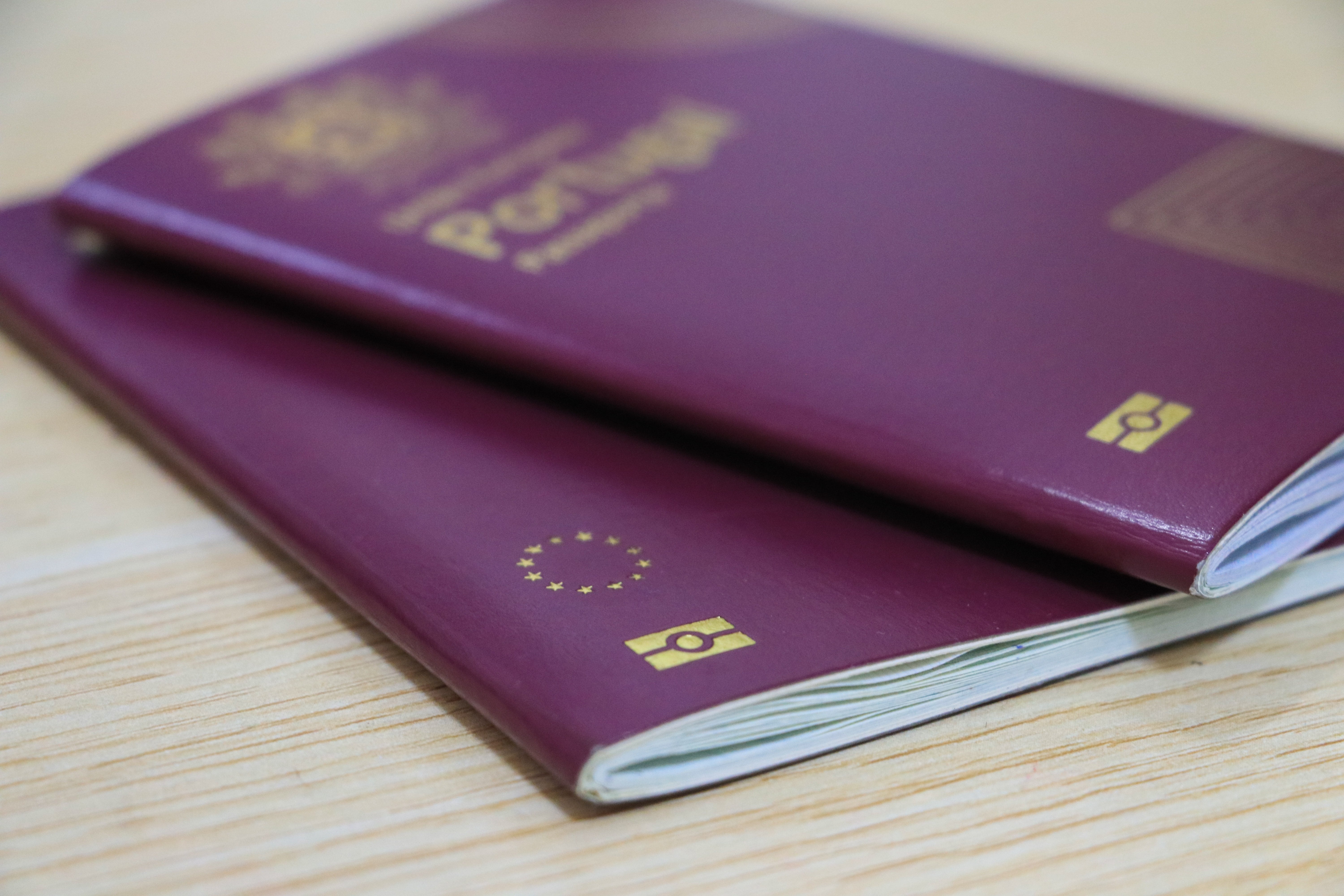
This topic usually raises some questions.
The certification of a translation is nothing more than the confirmation of the translator’s identity. In fact, a certification does not certify the quality of the translation, but only confirms that the alleged translator is, in reality, the person he or she claims to be and also ensures the legal validity of the translation.
Nowadays certifications are a highly requested type of formal attestation, especially when it comes to legal documents: criminal records, birth or marriage certificates and other similar documents. All legal processes require certifications, whether in processes of application for citizenship, civil or judicial processes or applications to schools and universities.
The certification allows legal recognition and allows translated documents to be accepted by official entities, both in Portugal and internationally.
In Portugal, the certification of translations is issued by notaries, lawyers, solicitors or consulates, and always requires the attachment of the original documents, that have been used as the source for the translation that requires said certification.
The certification draft is composed of several essential data that make the document reliable:
Name and personal identification number of both parties involved (the author of the translation and the person who certifies the translator’s identity), the language combination in question and, sometimes, type of document and issuing entity.
Once the original document has been delivered, the translation is done and it is time to certify it. The draft, the original document and the translation are stapled, resulting in a new document duly signed and stamped. The different parts of the document cannot be separated for other purposes.
In some cases, namely when the original documents cannot/should not be violated, such as driving licences, diplomas or personal ID cards, it is necessary to issue a certified copy of the original document. This procedure has to precede the translation and the respective certification and is usually done at a Portuguese postal service station, a law firm, at some solicitor or a notary office.

Some situations may also require that the certified translation is presented to the Portuguese Public Prosecutor’s Office (Procuradoria Geral da República), in order to receive an apostille that gives the translation equal force in law in any jurisdiction and country signatory to the Hague Convention. Unlike the translation certification, which attests to the translator’s identity and, as such, ensures the legality of the translation, the apostille is another formality that ensures the reliability of the entire process, through the certification of the entity that issued the document. You can check which countries are part of the Hague Convention here: https://www.hcch.net/pt/states/hcch-members.
In some foreign countries, the certification of translations is done by so-called “sworn translators”. In Portugal though this legal figure does not exist and, therefore, certifications can only be obtained by the above-mentioned entities.
In any case, we advise every customer to require proper information at the entities that require the certified translations, in order to obtain precise instructions about which documents need to be delivered and what the appropriate procedures would be.
We hope that this article helps you understand the certification process of translations. But if you still have any questions, just talk to us!





